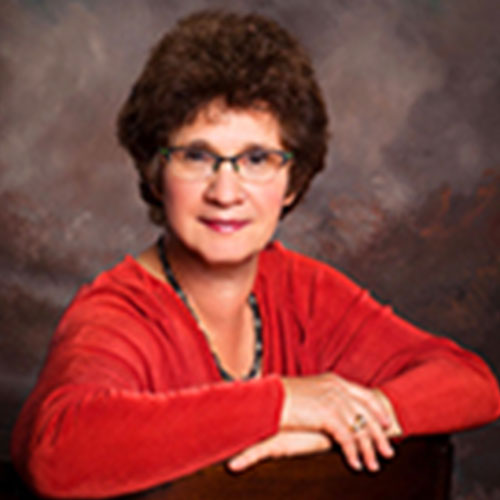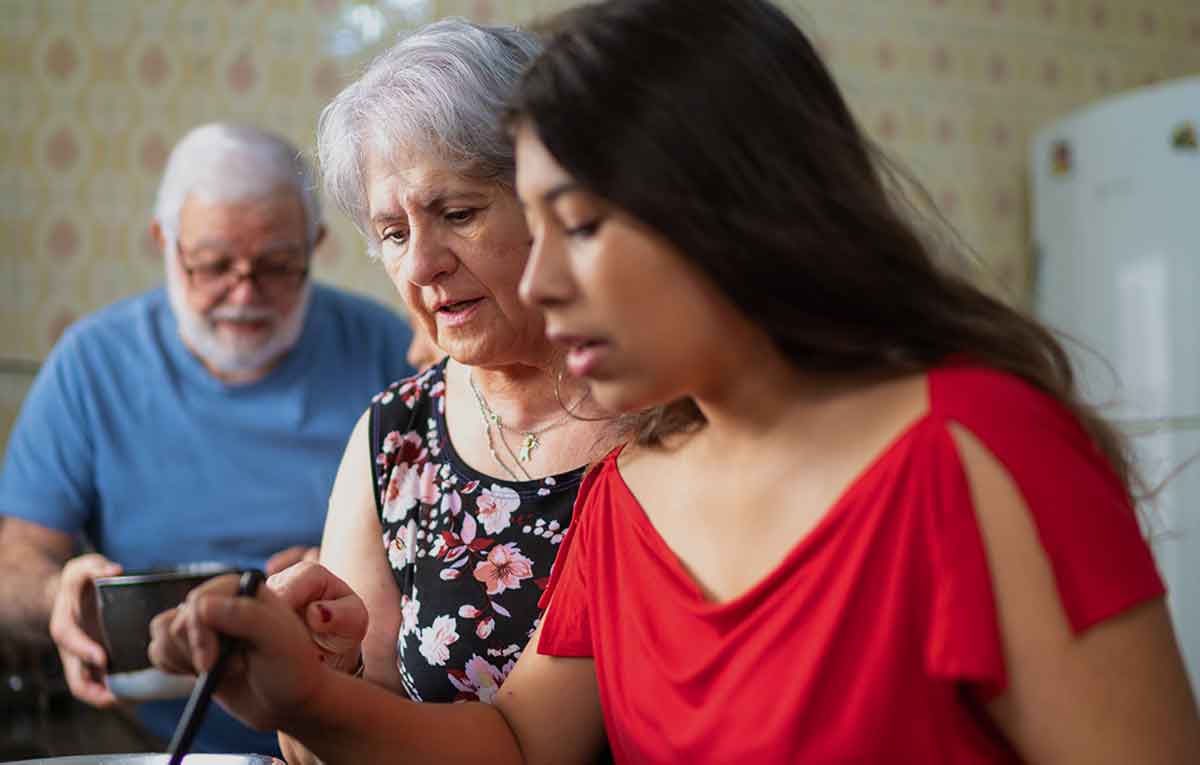Let’s Have Dinner and Talk About Death
“How we want to die represents the most important and costly conversation America isn’t having.”
I want to tell you about an important project that started over a year ago in Washington by a young man named Michael Hebbs. Speaking with some physicians on a train, he began to learn how as much as all of us talk about how important it is to have others know our wishes and desires at the end of life, it isn’t happening. Here are some facts from the California HealthCare Foundation, 2012:
- 60% of people say that making sure their family is not burdened by tough decisions is “extremely important”
- 56% have not communicated their end of life wishes
- 80% of people say that if seriously ill, they would want to talk to their doctor about end of life care
- 7% reported having had an end of life conversation with their doctor
- 82% of people say it’s important to put their wishes in writing
- 23% have actually done it
We all KNOW that we are mortal, but few of us are willing to talk about it; somehow believing that by doing so we are being morbid and may cause others to feel uncomfortable or think that we are somehow giving up on life. We as a society often look at death as the enemy. Medicine and doctors are focused on healing and doing everything possible to “fight” disease. Death is as difficult for doctors to deal with directly with patients as it is an emotionally powerful topic and can be seen as failure of their ability to bring healing.
I, of course, am not championing the idea of not doing what we feel we need and want to attempt to live as fully as we can. However, I am saying that by avoiding the discussion we are doing ourselves, and those we love, a disservice.
According to Dr. Gawande in a New Yorker article, “Letting Go,” most of us have basic concerns at the end of life. These tend to center around:
- Avoiding suffering
- Being with those we love
- Having the touch of others
- Being mentally aware and
- Not being a Burden to others.
Although we can not control all the variables of our death, we can make a plan – the where, what and who issues can be examined if all options are not open.
We can recruit advocates and attempt to formulate our support system. We can put into writing our wishes with regard to medical interventions and who we want to advocate for us if we are unable.
DeathOverDinner.org is a grassroots attempt to begin the discussion in this country about death and how we die. This organization can help you plan a dinner- It may be with your friends, family, co-workers to come together with some pre- planned readings or videos to begin the discussion.
Many important issues are discussed over the dinner table. These dinners are not meant to be morbid. Having hosted one, it can be quite stimulating, as well as thought-provoking, to hear other views about the experiences they have had. It allows you to think about your experiences with death and begin to define what is important to you. As it has been said, “You only die once. “
How do you want to orchestrate what you can with this most important event in your life? Go to www.deathoverdinner.org. I promise you that if you take the leap and dive into this, you will begin to experience your life in a deeper more passionate way.

